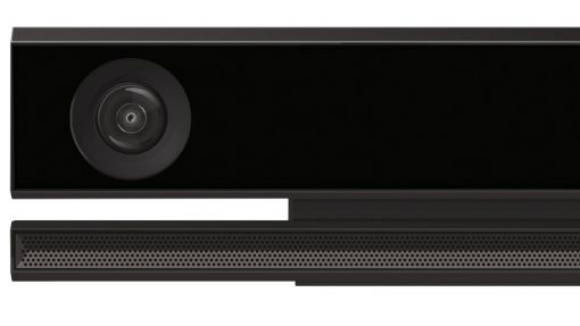Microsoft explains why Xbox One Kinect isn't a Prism spy tool
All your dirty little secrets are safe

With the Xbox One reveal and NSA Prism scandal taking place so close to one another, Kinect was destined to have a rough ride.
But Microsoft is determined to clarify that Kinect won't be an evil Orwellian spy machine and has published a new privacy statement ahead of the console's launch to prove it.
Perhaps most vitally, Microsoft says that the Xbox One's automatic sign-in, which works with facial recognition, will identify us by measuring the distances between points on our face and turning those into a numeric value that always "stays on the console".
This means you won't need to worry about your face being sent off to Area 51 for examination - or worse, to advertisers.
Xbox One also can't transmit emotional expressions, which some games will take advantage of – all that data is "destroyed once your session ends."
Opt in, opt out, shake it all about
Same goes with the skeletal figure representation of you that Kinect creates. "The numeric values sent to Microsoft are destroyed after analysis is complete. The stick figure representation cannot be used to identify you," says the statement.
However there are a few instances where total privacy is not promised.
Sign up for breaking news, reviews, opinion, top tech deals, and more.
When using Kinect's microphone for chatting during online gameplay, Microsoft says we "should not expect any level of privacy concerning your use of the live communication features such a voice chat, video and communications in live-hosted gameplay sessions offered through the Services."
Xbox One won't be listening in on your Skype chats though, it adds. As for voice commands, this data will only be sent to Microsoft if users choose to opt in to send the data to Microsoft "for product improvement".
But any exercise information you provide by playing Xbox Fitness will be sent to Microsoft, though not with other Xbox Live users unless you choose to. So for anyone out there who shares a burning passion for both fitness and privacy, you've been warned.
- So, those graphical difference between the Xbox One and PS4, do they really matter?

Hugh Langley is the ex-News Editor of TechRadar. He had written for many magazines and websites including Business Insider, The Telegraph, IGN, Gizmodo, Entrepreneur Magazine, WIRED (UK), TrustedReviews, Business Insider Australia, Business Insider India, Business Insider Singapore, Wareable, The Ambient and more.
Hugh is now a correspondent at Business Insider covering Google and Alphabet, and has the unfortunate distinction of accidentally linking the TechRadar homepage to a rival publication.